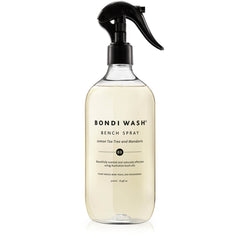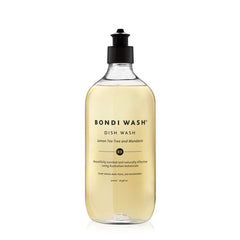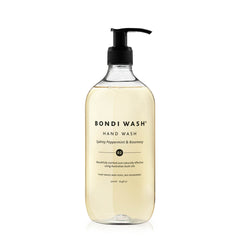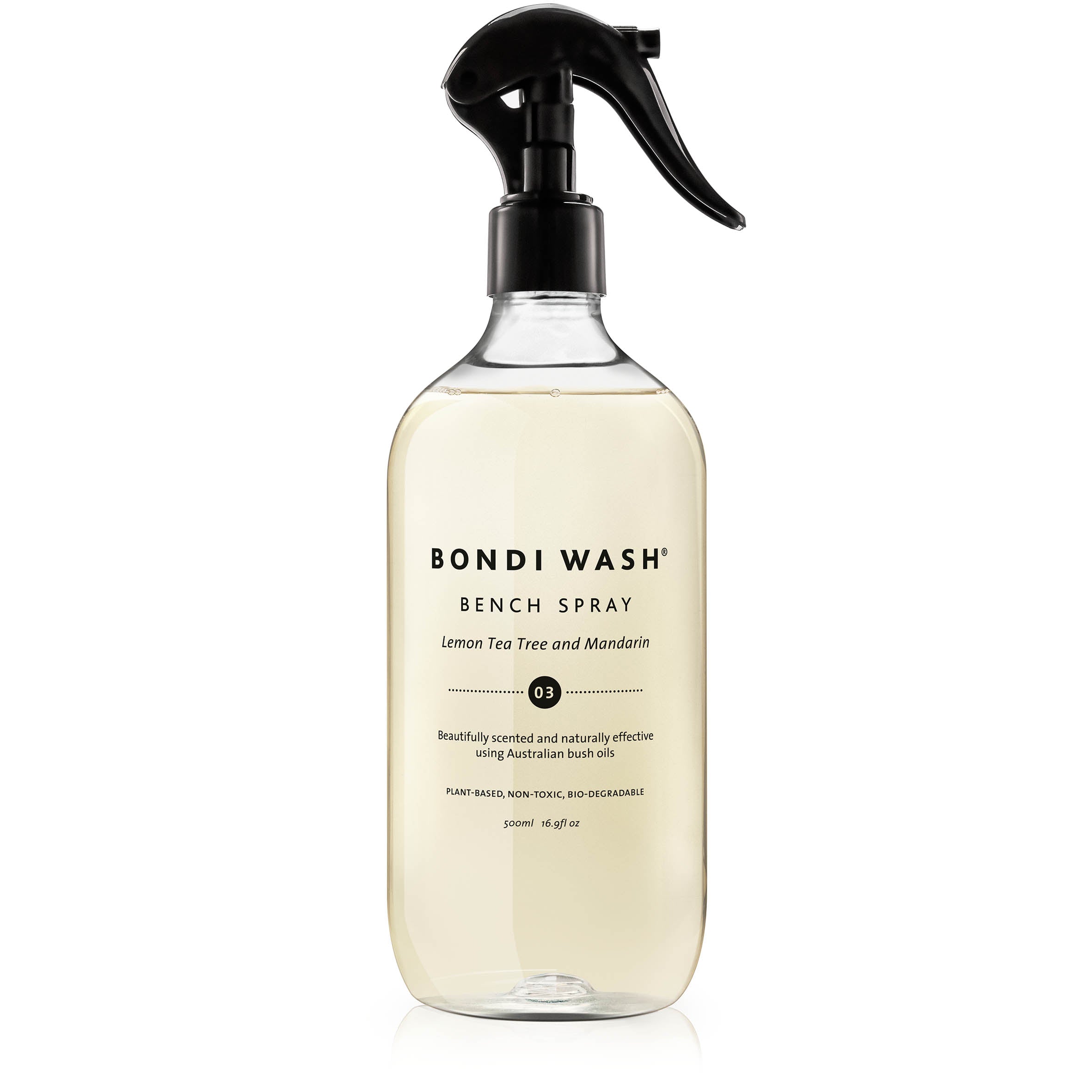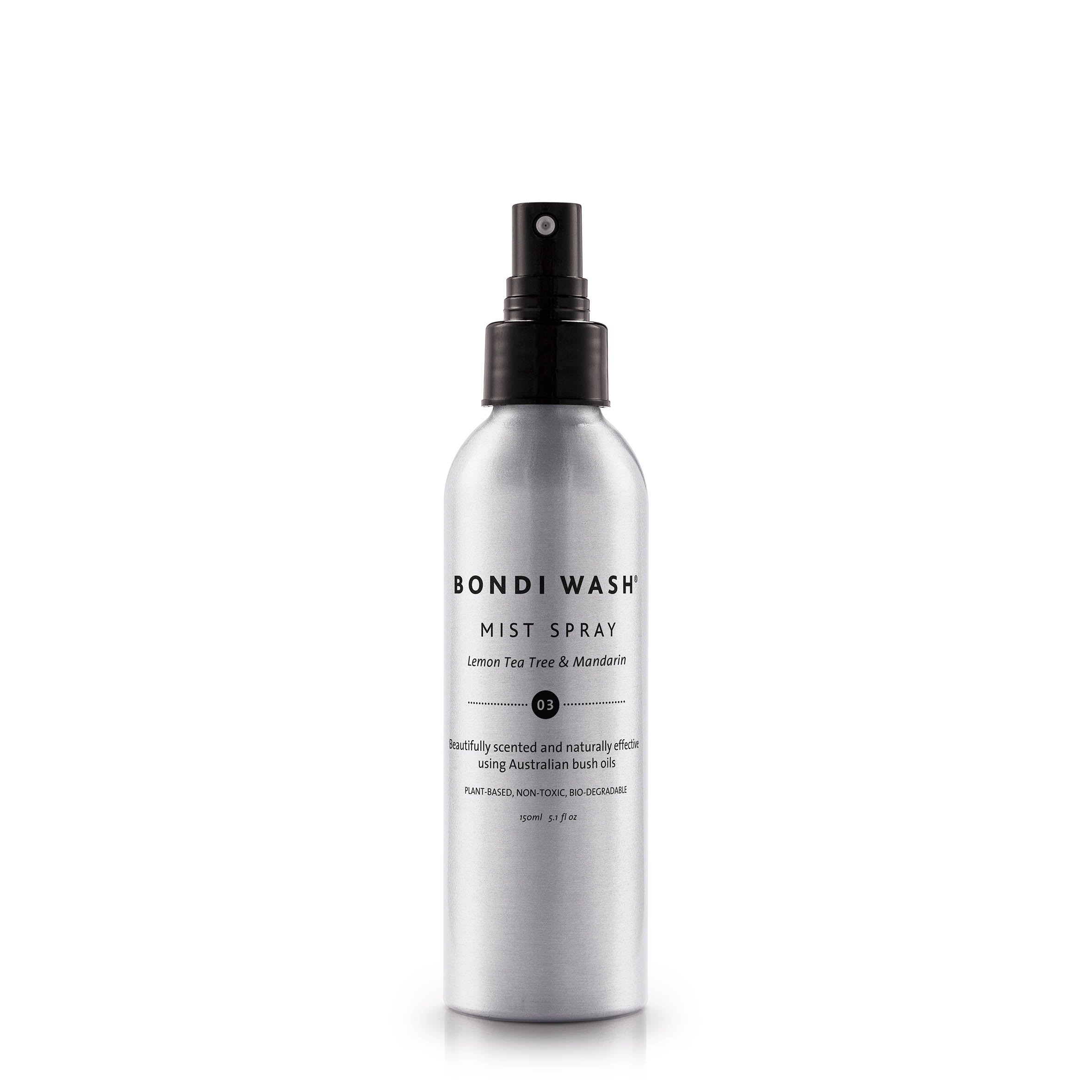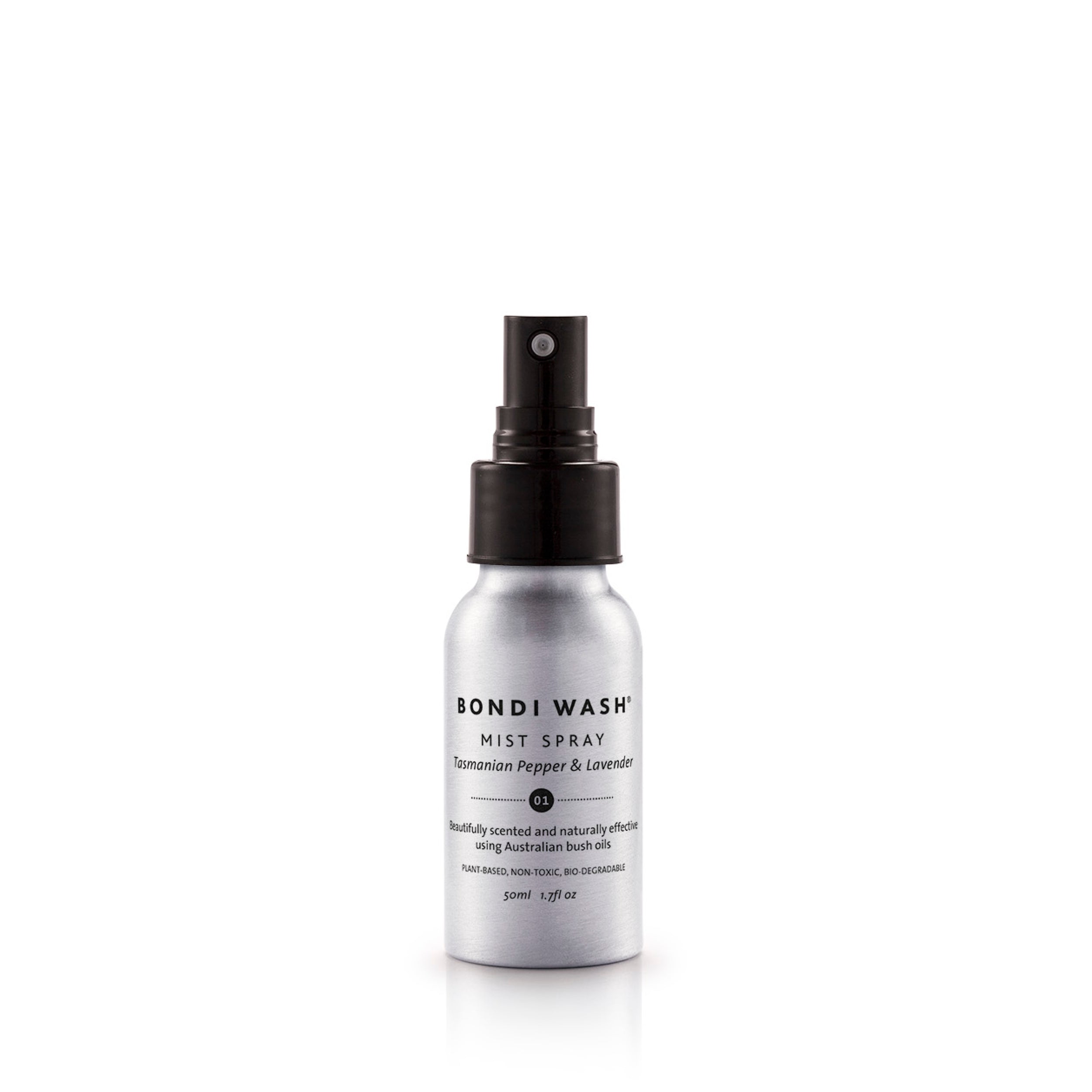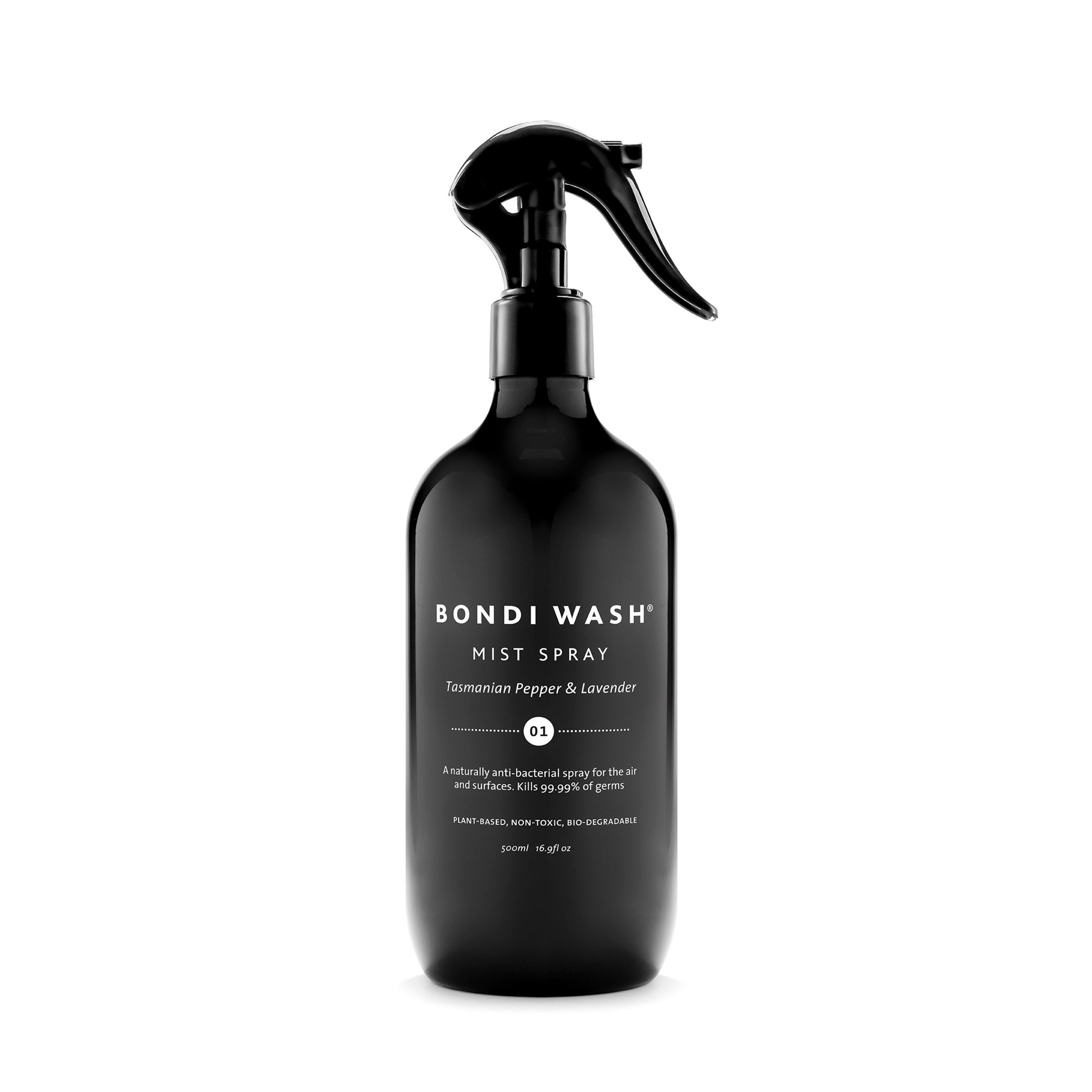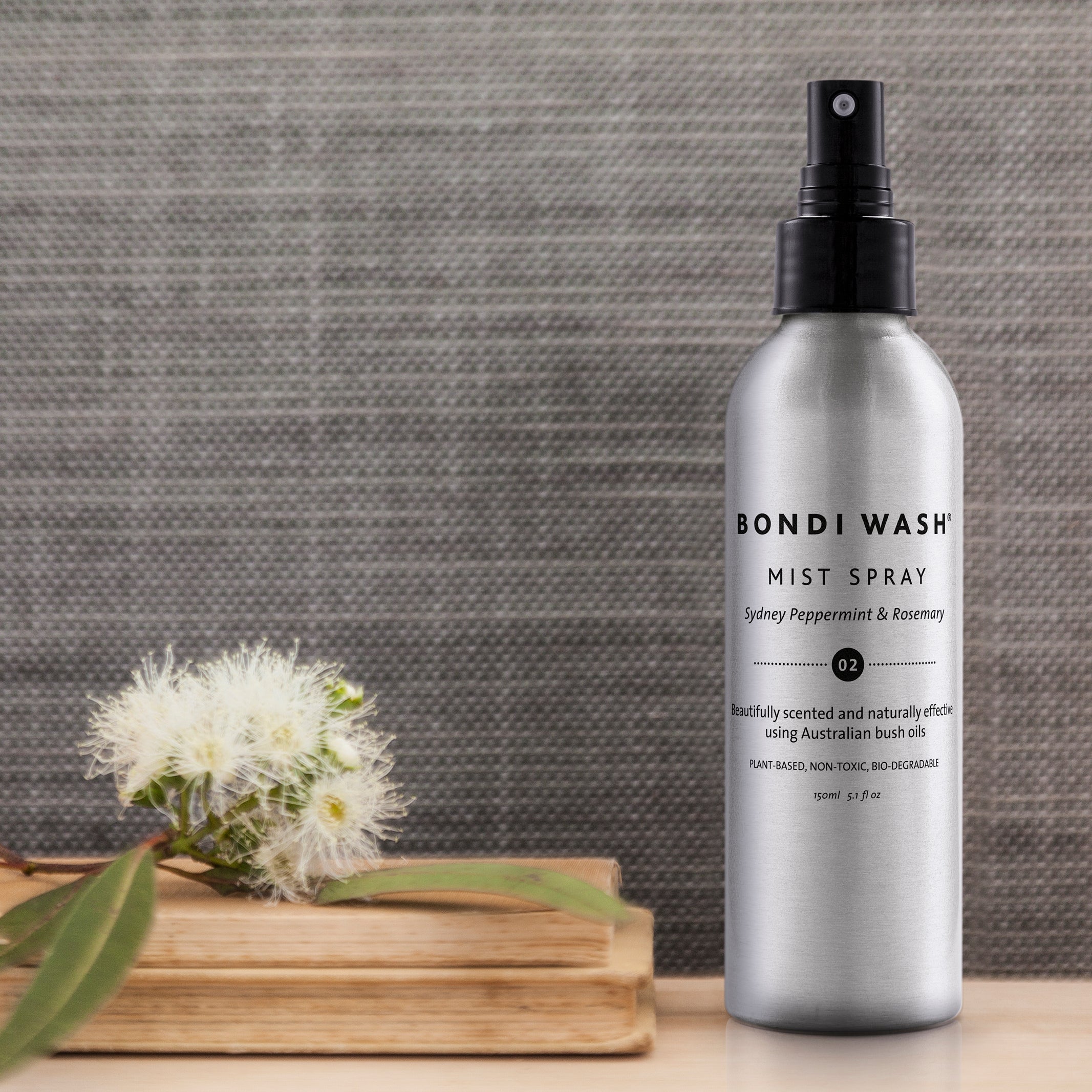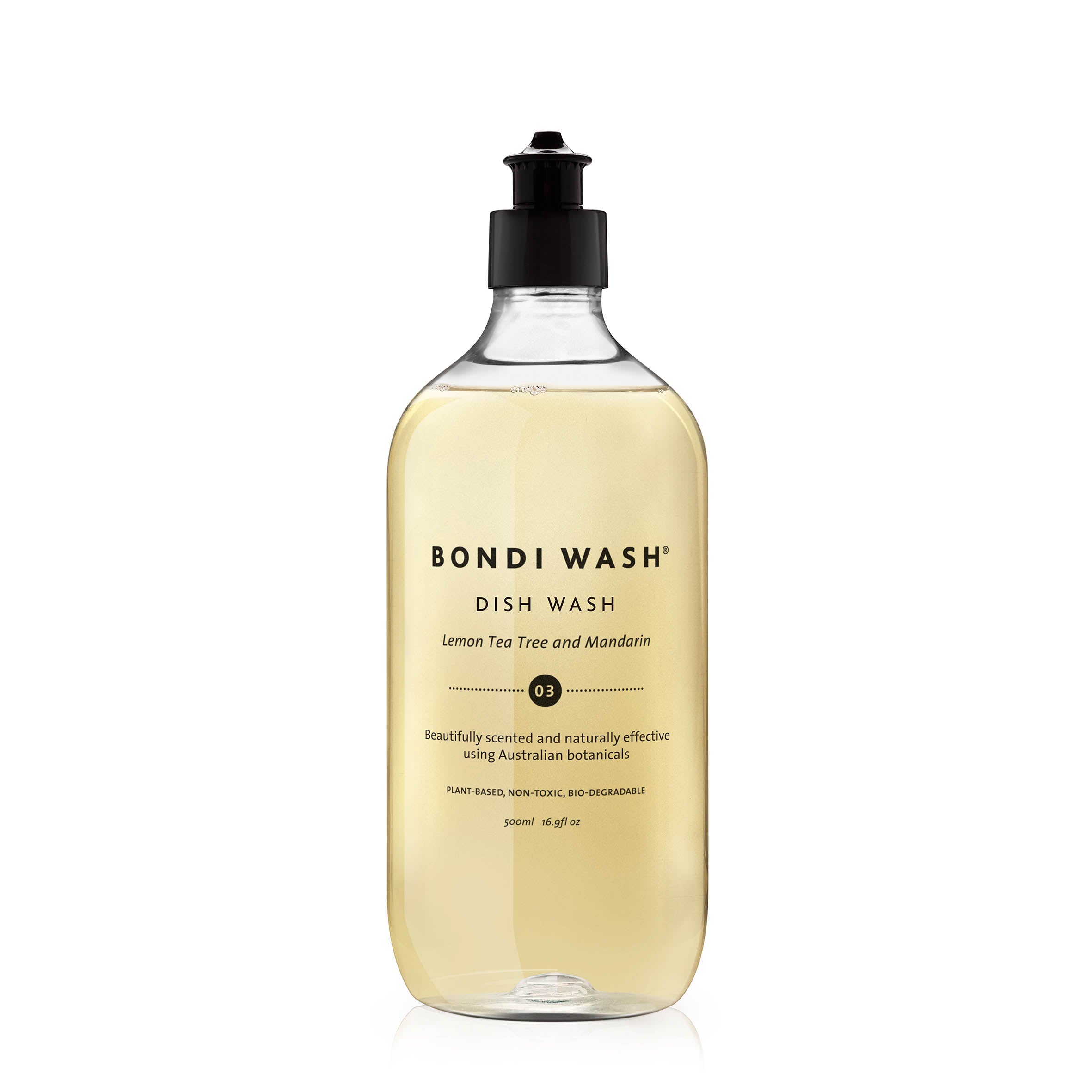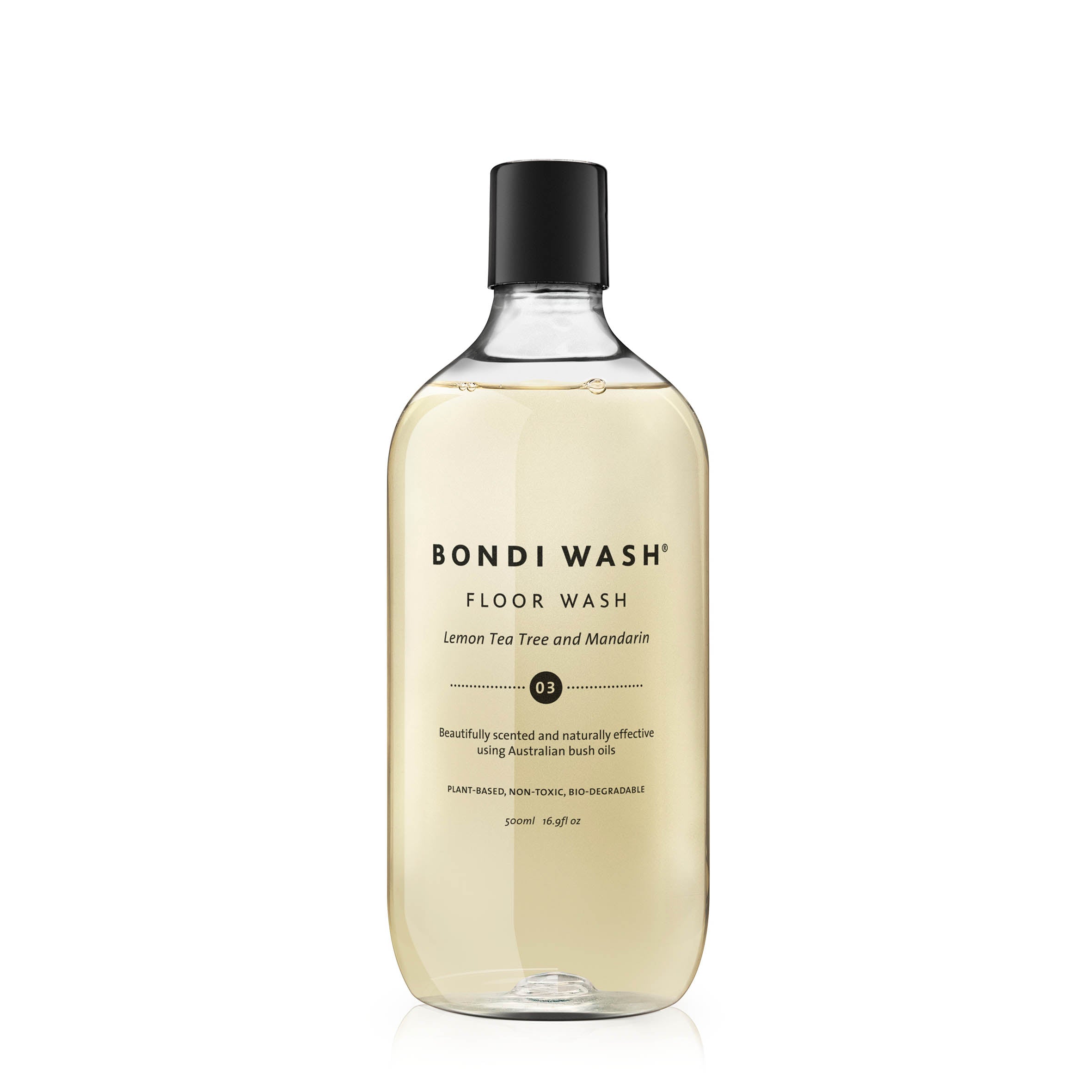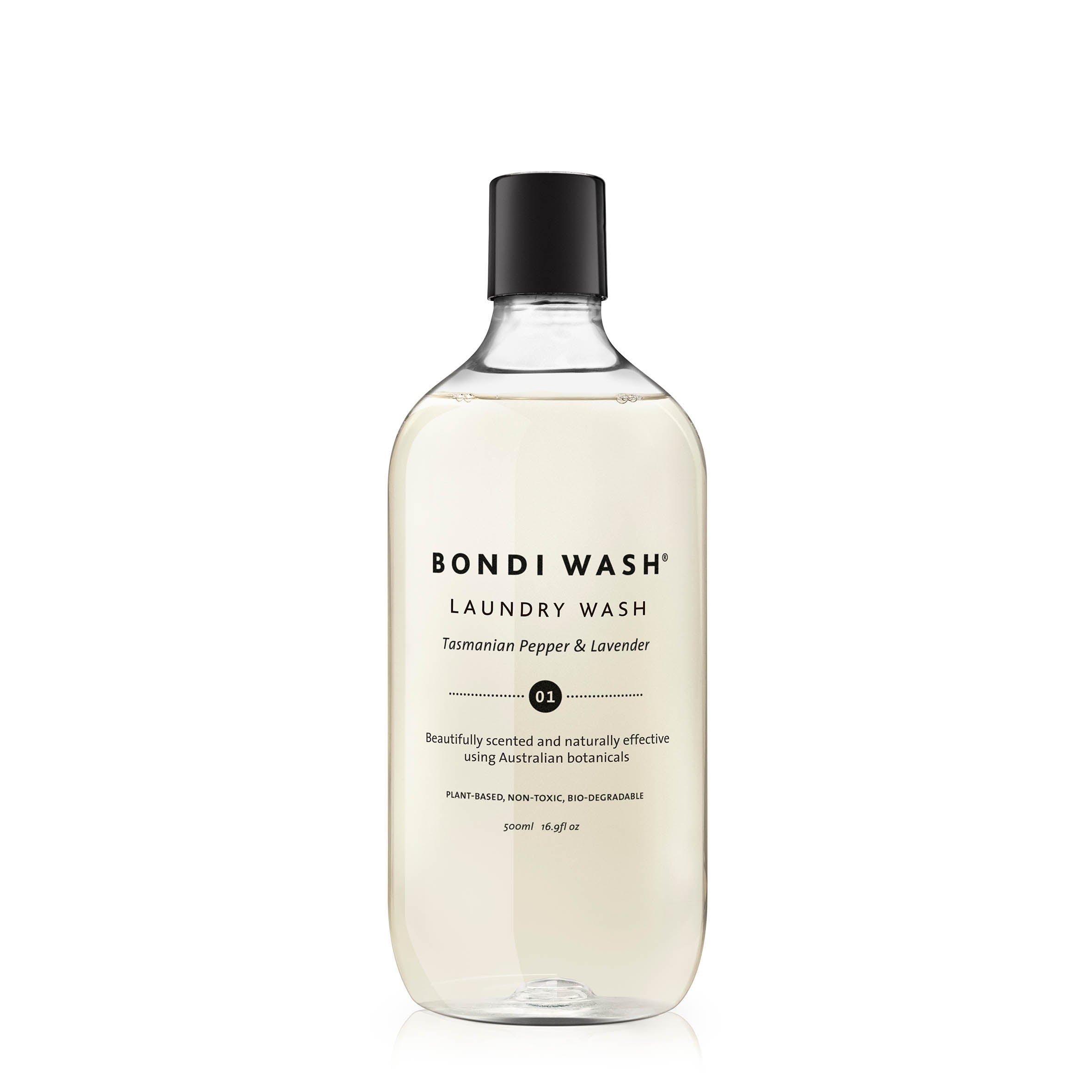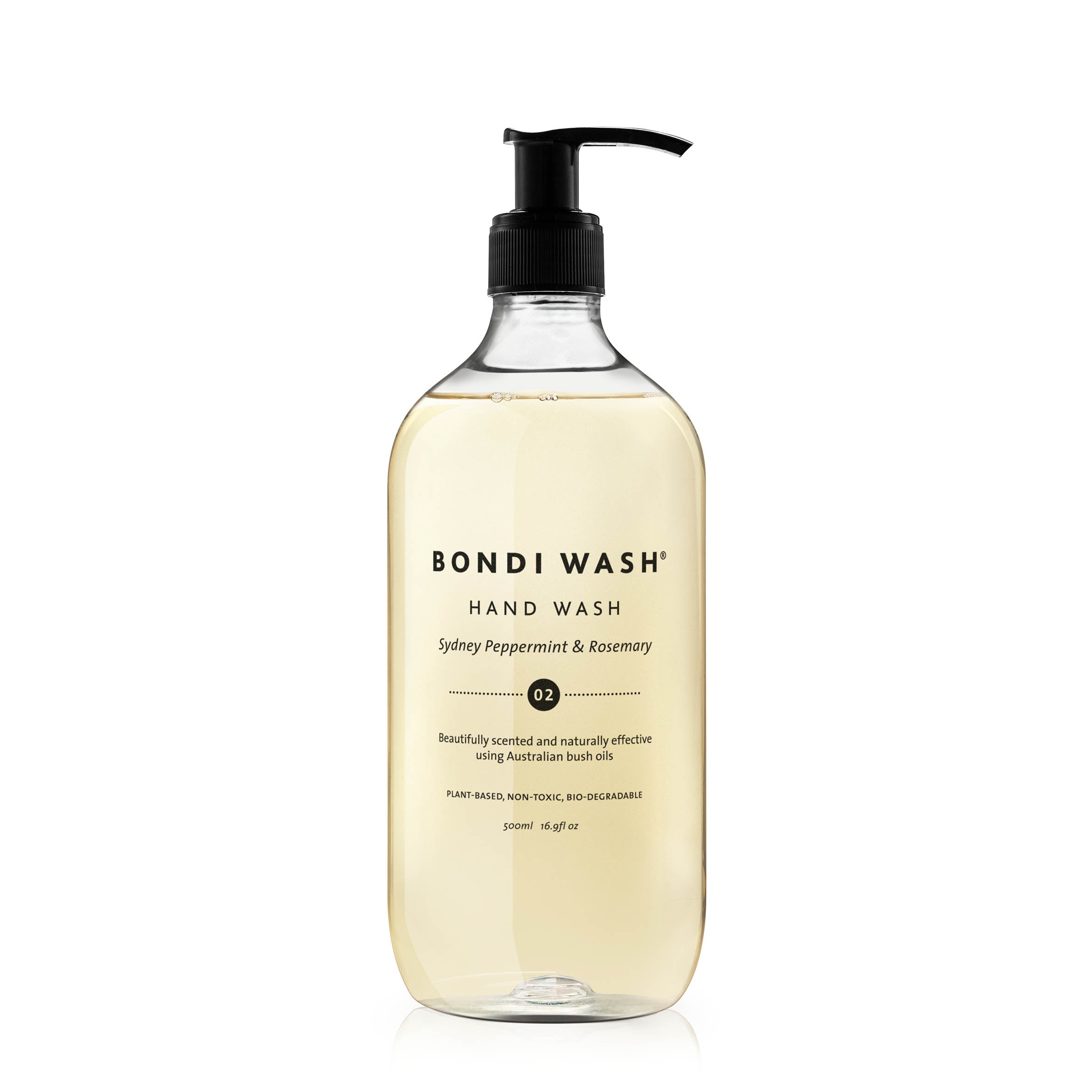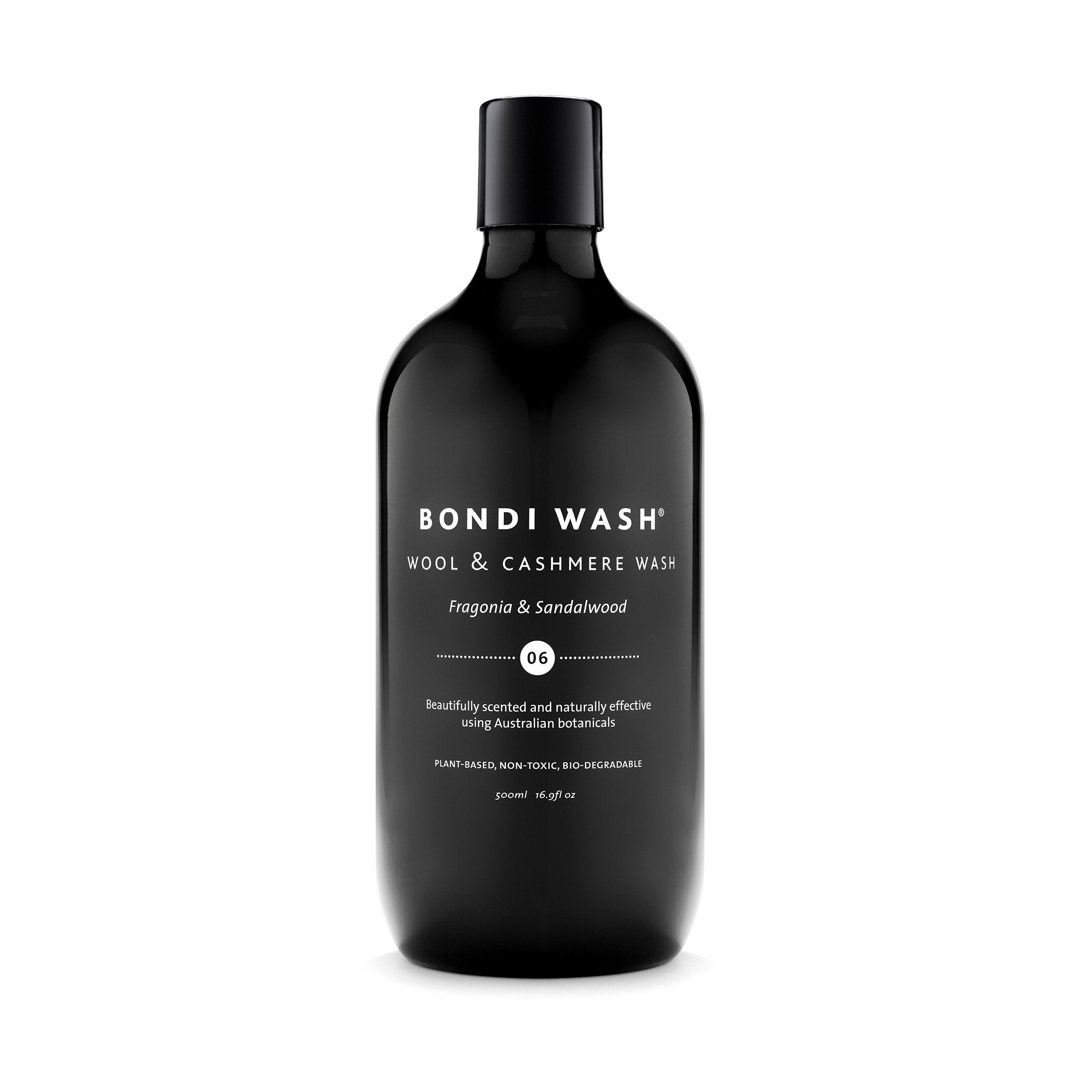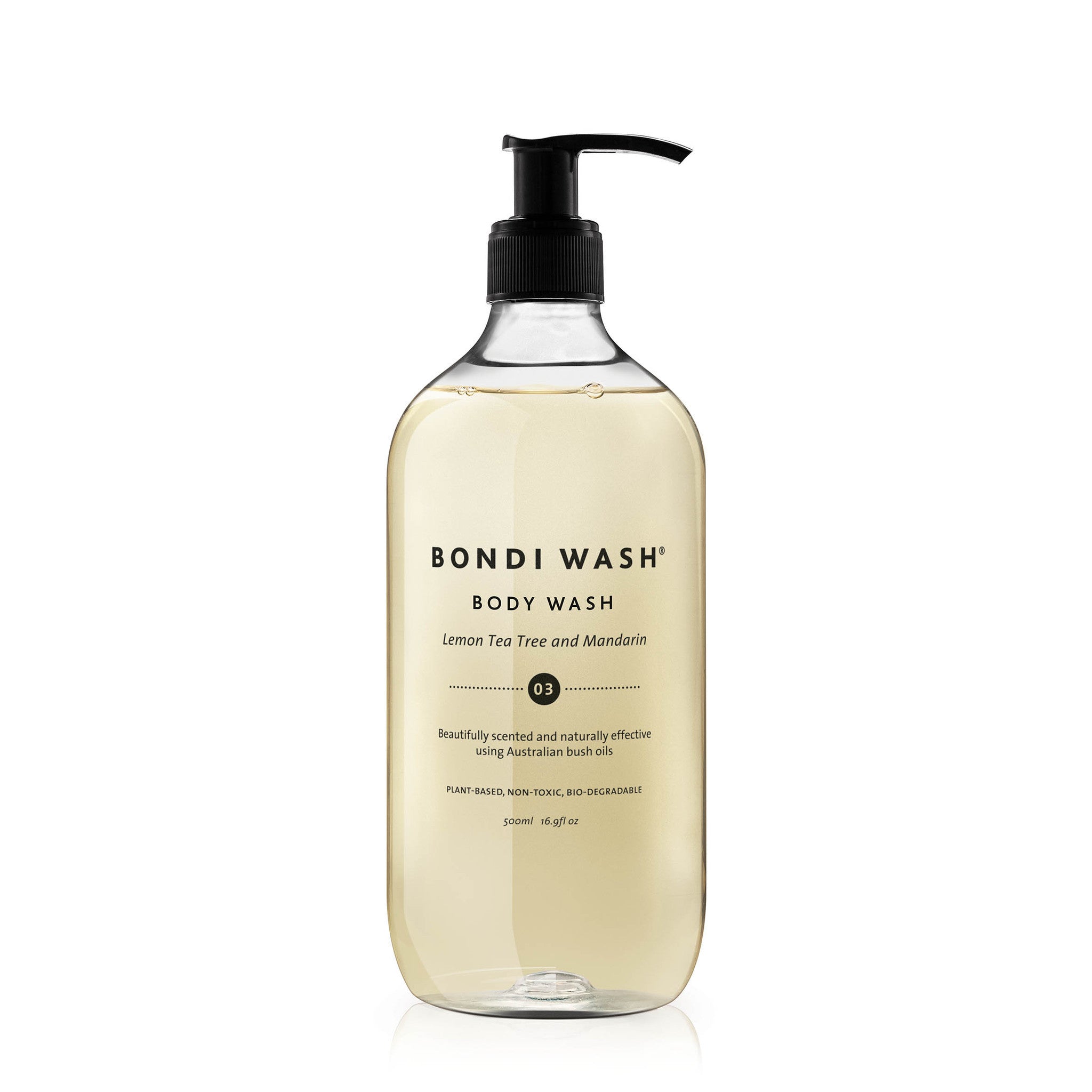Bondi Wash founder Belinda's cousin Sally is married to an Australian farmer, Gordon Klinge. Gordon and Sally own and operate a farm in Dimboola in Western Victoria. Recently, Belinda caught up with them and Sally mentioned how Gordon had stopped eating lots of things, having just attended a course on pesticides. This was purely based on the toxicity of the chemicals used on these crops. So what should we as consumers be doing to avoid ingesting these chemicals?
Each year the EWG (Environmental Working Group) release their list of the produce that have the highest residues of toxic chemicals. This list is called the ‘Dirty Dozen’ and often features a few repeat offenders (hello strawberries) as well as new produce to watch out for. Their data is collected from the U.S. Department of Agriculture’s Pesticide Data Program. They also release a list of the ‘Clean 15’ produce which have the lowest indications of pesticide residue and therefore can be bought and consumed non-organic.
The ‘Dirty Dozen’ this year are as follows:
Strawberries, Spinach, Kale, Nectarines, Apples, Grapes, Peaches, Cherries, Pears, Tomatoes, Celery, Potatoes.
Interestingly, a lot of the produce on the naughty list are fruit as well as vegetables that you eat without peeling. The general consensus is that the more porous the fruit or vegetable, i.e. the more holes it has, the more the pesticide is able to penetrate the entire product. This is why the humble strawberry tops the list year after year. Generally, it is advisable to purchase organic for all berries including mulberries and raspberries as they are also more likely to be contaminated with pesticides due to their porous nature.
While Kale has a great reputation in the health world as a natural superfood, unfortunately it is also high up on the dirty dozen this year. Stone fruit as well are very heavily represented so make sure to buy them organic as much as possible to avoid heavy concentrations of pesticides.
Generally speaking, a lot of the produce on the dirty dozen list include fruits and vegetables that are consumed with their skins on as the majority of the pesticide remains on the surface of the produce. Luckily, this means that produce that you peel before consuming is generally safe to eat non-organic. Produce that is stronger, thicker and naturally more deterrent to insects than berries, such as broccoli, bananas and cabbage are generally a safe choice as well.
If you can't purchase organic produce, ensure you wash fruit and vegetables properly to remove many of the chemicals and contaminants found on the surface. Bondi Wash Dish Wash has a gentle formulation that is safe to use to remove contaminants from fruit and vegetables.
On this year’s EWG ‘Clean 15’ list:
Avocados, Sweet Corn, Pineapples, Frozen Sweet Peas, Onions, Papayas, Eggplant, Asparagus, Kiwi, Cabbage, Cauliflower, Cantaloupes, Broccoli, Mushrooms, Honeydew Melon.
This produce has been deemed generally safer to buy non-organic as the levels of toxicity from pesticide residue have been found to be significantly lower than found in the dirty dozen. Hurray!
It is also important to buy products such as dairy, coffee and wine from organic sources. The organic certification for dairy products means they are free from added growth hormones and antibiotics which can affect our immune system and disrupt our hormones. Coffee is actually one of the most heavily sprayed crops in the world so buying organic is essential. An added bonus is that the companies that sell organic coffee generally are fair trade and non-exploitative so you know you’re making a difference to your health and supporting a good cause. Lastly, wine is also important to source from organic crops of grapes. Grapes feature on the dirty dozen almost every year and are also one of the most heavily sprayed crops after coffee. Make sure to choose organic to avoid toxicity from pesticide residue making the hangover any worse!

